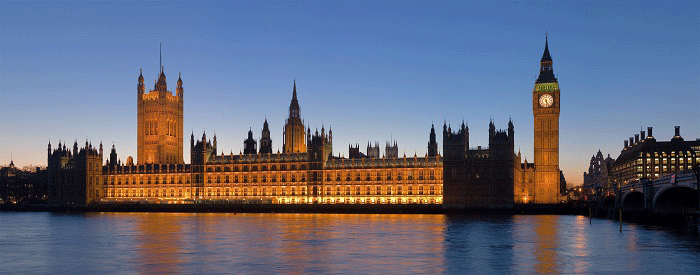On 21st March, Reece Edmends, our Admin and Communications Officer, went to a meeting of the Specialised Healthcare Alliance. It was held in the beautiful setting of the House of Lords. Here, Reece explains why he went and what was said.

The NHS works through services being hired by one party (the ‘commissioner’) from another (the ‘provider’). Most commissioners are small local groups. In the case of rare diseases, though, the commissioning is done centrally by NHS England. They are called ‘specialised services’. NHS England’s specialised services budget comes to £15.6 billion per year, more than 10% of total NHS spending. With current pressures on the NHS, this budget is always under threat.
The Specialised Healthcare Alliance (SHCA) covers 122 rare and complex disease patient groups, including the AKU Society. It also has 10 corporate supporters. We are a member of the SHCA because they represent our concerns to NHS England and effectively defend our interests. We always send someone to their quarterly meetings in Westminster.
The SHCA also lobbies politicians on behalf of rare disease patients. This is vital – for example, I learned that we know how much NHS England will spend on specialised service treatments this May because of a question in Parliament. The SHCA works across party lines. Its chair, Lord Sharkey, is a Liberal Democrat peer, while its vice chair, Baroness Wheeler, is Labour. Both were at the meeting.

At the meeting, we talked about a recent reform which affects the way NHS England buys treatments for rare diseases. This is something we are very interested in. Now, nitisinone, an AKU treatment, is given to patients in England and Scotland ‘off-label’ – it has not been licensed. If the clinical trials go well and nitisinone gets licensed, though, we might want NHS England to buy the licensed drug.
The National Institute for Health and Care Institute (NICE) decides whether NHS England should buy ‘highly specialised technologies’ like rare disease treatments. In 2017, NICE changed its rules. It will now only approve drugs that cost less than £300,000 per QALY. Even then, only if they can be proved to add more than 30 QALYs to the patient. (A QALY, or quality-adjusted life year, is a measure used by NICE to calculate the benefits of a drug in terms of extra years of life per patient. One QALY equates to one extra year of life in perfect health). There is a way NHS England can buy drugs even when they are not approved by NICE. This process, though, is unreliable. It tends to ignore the concerns of rare disease patient groups.
The SHCA is worried that this reform could reduce patients’ access to new drugs because they are too expensive. Apparently, four of the rare disease drugs previously approved by NICE would fail under the current rules. At the moment, the SHCA is consulting with members as to whether it should campaign to relax these rules. We want to see the results of this consultation. Watch this space.
